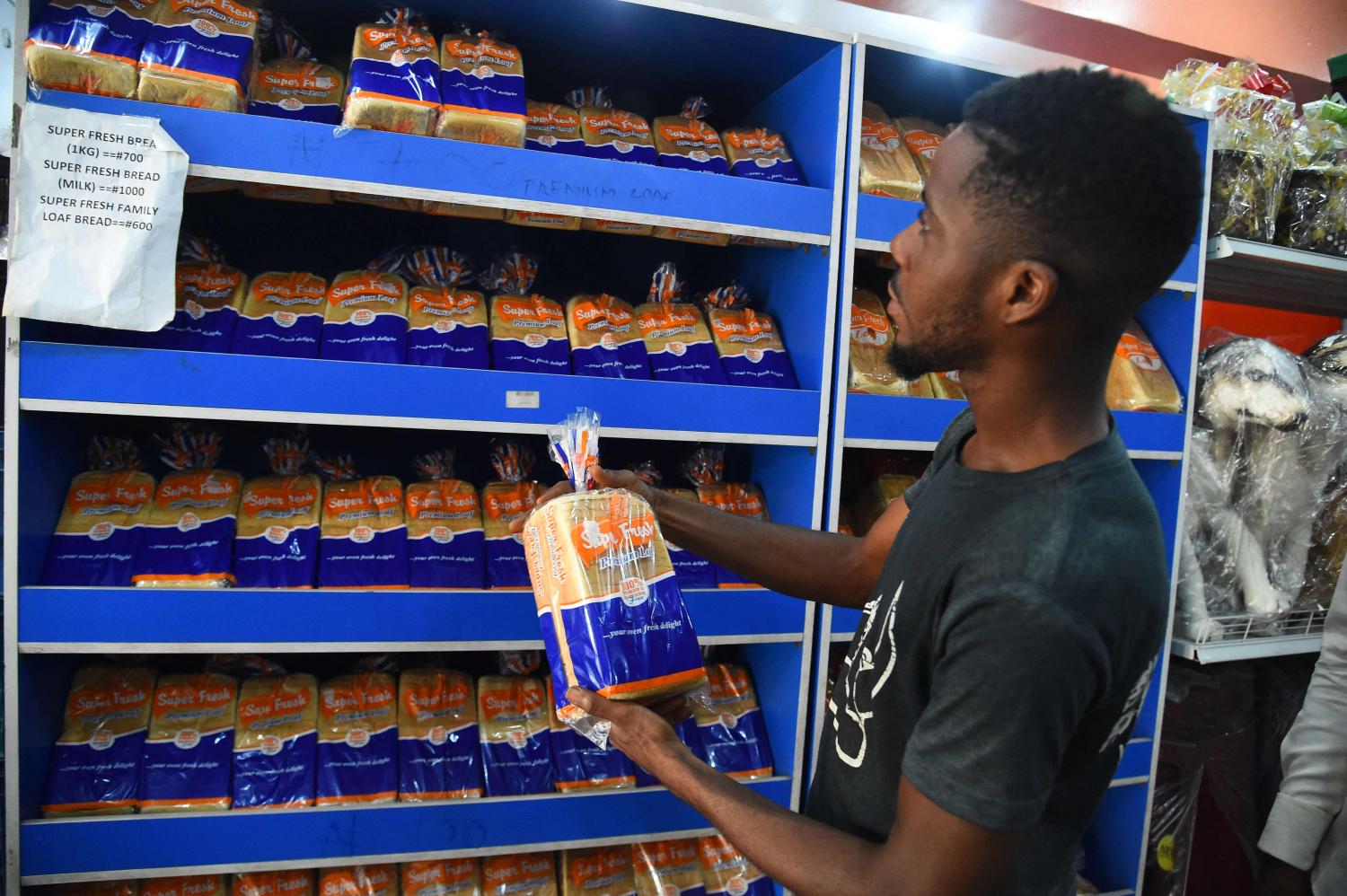
Russia's invasion of Ukraine will be felt by households around the world through higher energy and food prices, with disruptions to trade and fragile confidence contributing to a significant weakening of global economic growth, the Organization for Economic Cooperation and Development said Thursday.
The Paris-based research body calculates that global economic growth will be 1.1 percentage points lower, and inflation just short of 2½ points higher than if the invasion had not taken place.
In late 2021, the OECD forecast the global economy would grow by 4.5% this year, and consumer prices would rise by 4.2%.
The impact on economic growth will be largest for countries with close trade and financial ties to Russia and Ukraine, but OECD chief economist Laurence Boone said people on low incomes around the world will suffer, since food and energy account for a larger share of their spending than in richer households.
"If you look at commodity prices, it's going to affect every single consumer on the planet," said Ms. Boone.
The OECD calculates that Russia and Ukraine account for 30% of global wheat exports, more than a quarter of world fertilizer exports and almost 15% of maize exports.
Prices of wheat have almost doubled since the start of the invasion on Feb. 24, while fertilizer prices have risen by more than three-quarters and maize prices by more than 40%.
The OECD's worries about the impact of the war on the world's poorest people and countries was echoed by the United Nations, which in a separate report estimated that more than 5% of the imports of the poorest countries are composed of goods that have seen price rises since the invasion, compared with just 1% of the imports of rich countries.
The U.N. calculates that in the years 2018 through 2020, 32% of Africa's wheat imports came from Russia and another 12% from Ukraine. In Somalia and Benin, all imported wheat during those years came from the countries at war.
Nor does the OECD expect prices to fall back soon, given the likely disruption to energy supplies and the planting of wheat and other grains.
"This will have an impact on next winter," said Ms. Boone. "These are not shocks that last a few months."
The OECD estimates that the euro zone economy will see growth that is 1.4 percentage points weaker than if the invasion had not taken place, with the U.S. seeing a loss of around 0.9 of a percentage point.
In its previous forecasts, the OECD had expected the euro zone economy to grow by 4.3% in 2022, and the U.S. economy to grow by 3.7%.
But Ms. Boone said that the outlook is highly uncertain, one reason why the OECD had decided to abandon its usual, quarterly attempt to provide a wider range of precise forecasts for coming years.
The research body expects inflation in the eurozone to be 2 percentage points higher than if the war had not started, and inflation in the U.S. to be 1.4 percentage points higher.
Ms. Boone said that, where they can, governments should provide help directly to the poorest households, rather than taking more broad-based measures to ease the impact of price rises through tax cuts or similar measures.
"It's important to shelter people," she said. "That would help avoid a wage-price spiral."
The greatest economic harm is likely to be felt by Russia and Ukraine, although Ms. Boone said it is "super difficult" to estimate the scale of the damage suffered by the invaded country.
The OECD assumes that Russian domestic demand will be 15% lower this year than last, with demand in Ukraine down 40%.







